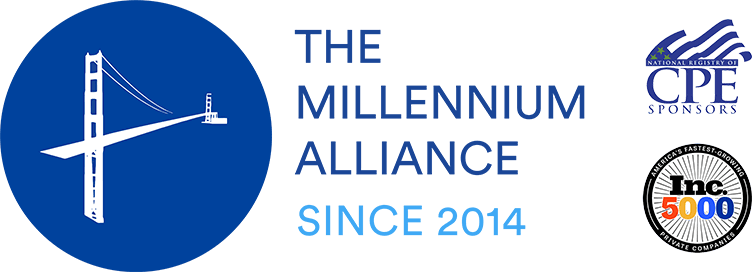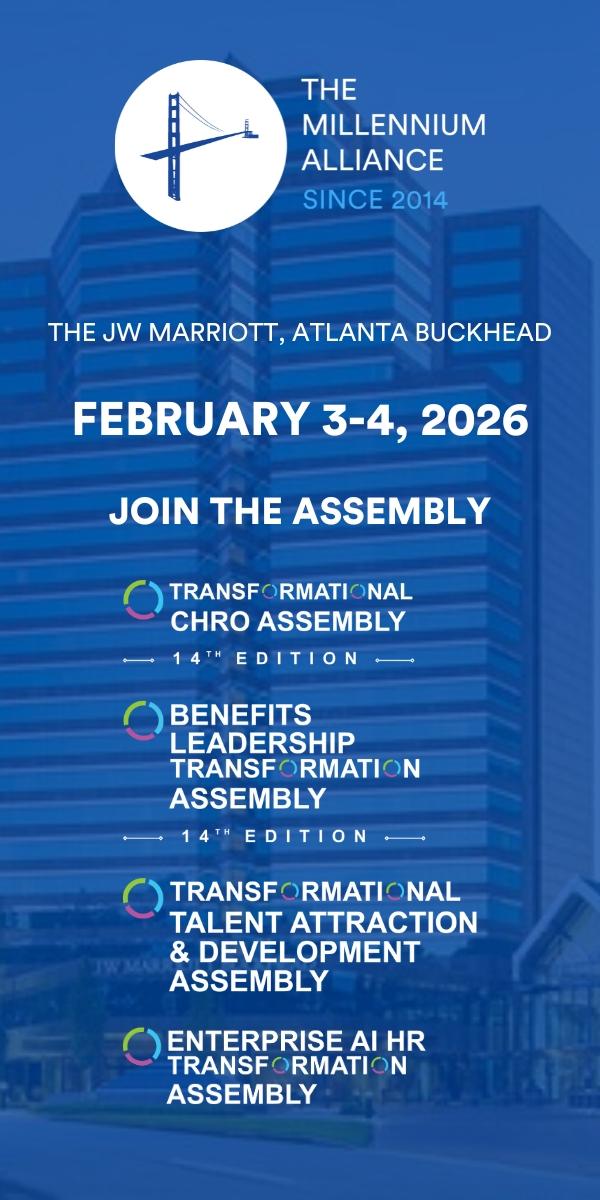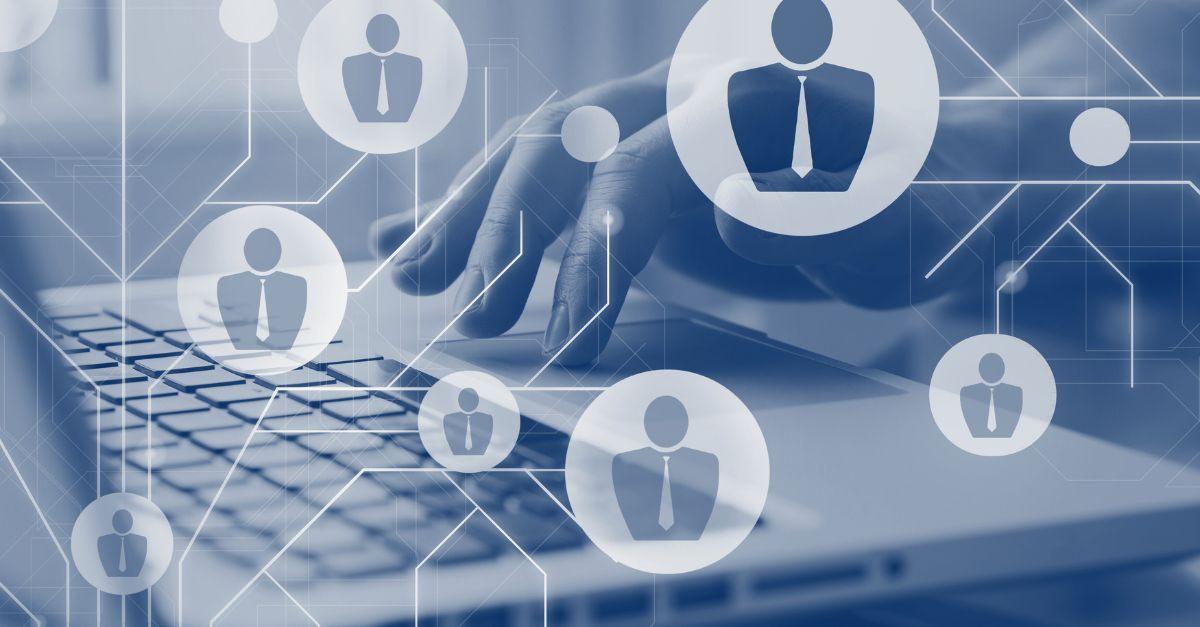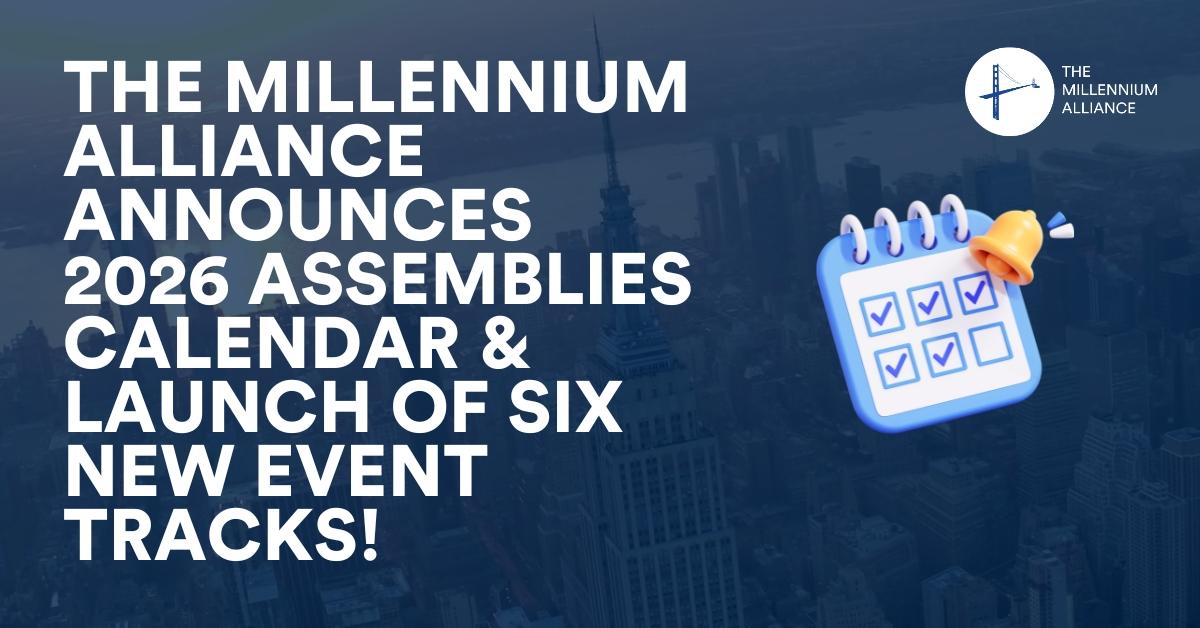Contributed by O.C Tanner
Employee well-being: addressing burnout in a diverse workplace
The world of work has changed dramatically and organizations struggle to attract and retain top talent—especially diverse talent. For HR leaders to reach their hiring and retention goals, and for organizations to reach their growth goals, they need a more holistic view of employee wellbeing. This includes their diverse employees.
There’s plenty of quantitative research on the importance of diversity, equity, and inclusion in the workforce. Organizations with diverse workforces enjoy increased financial performance, innovation, and creativity. They also experience lower attrition and can better mitigate the high costs of turnover. While most companies approach DEI through changes in hiring, promotion, personal development, and other policies, HR leaders must go beyond that and dig deep into ensuring and improving another DEI needs—employee wellbeing—especially in diverse groups where burnout can run rampant.
What do we mean by employee well-being?
Let’s start by taking a closer look at what we mean by employee well-being, what it is, and why it’s important, especially in diverse groups.
What is employee wellbeing?
Employee wellbeing is the capacity employees have to work through day-to-day stressors, be productive, maintain their proficiency, and seek their potential. Employee wellbeing is a hot topic in today’s HR circles because wellbeing research shows that employees in good health are more likely to deliver optimal performance in the workplace. Optimal performance drives productivity, efficiency, and organizational growth.
What does employee wellbeing look like?
Employees need both mental and physical wellness to thrive. Those who succeed in both areas report not only having a better quality of life, but also benefit from having a lower risk of disease, illness, and injury. This leads to increased work productivity and a greater likelihood of contributing to corporate wellbeing culture.
Wellbeing as a corporate strategy ensures that employees are able to contribute their best while navigating the myriad challenges that impact how they live, work, and relate to others.
Why is employee wellbeing important?
Employee wellbeing can drive meaningful change within any work culture. But it’s imperative that business leaders address employees’ total wellbeing. This not only includes their physical, mental, emotional, and financial health, but also work-life balance and social equity.
For example, HBR reported last year that 42% of women and 35% of men in corporate America have felt burned out in the last few months (up from 32% and 28% respectively last year). And 1 out of every 3 women surveyed have considered downshifting or leaving the workforce altogether (up from 1 in 4 in 2021). These figures come from McKinsey and LeanIn.org’s latest Women in the Workplace report, which surveyed 65,000 people across the U.S.
Employee burnout is the number one problem in employee wellbeing
It’s always good to consider burnout when developing a comprehensive employee wellbeing program, but after more than two years of a global pandemic, it’s more important than ever. Check out these troubling employee burnout statistics:
In 2021, 79% of employees experienced work-related stress in the past month
- 44% report physical fatigue from work-related stress
- 32% report emotional exhaustion from work
- While the average employee says they are “fine” 14 times each week when asked how they are doing, they are lying almost 20% of the time
- 70% of employees feel their employers aren’t doing enough to prevent or mitigate burnout at work.
About O.C Tanner
O.C. Tanner helps organizations inspire and appreciate great work. Thousands of clients globally use our cloud-based technology, tools, and awards to provide meaningful recognition for their employees.
Learn more at www.octanner.com.














